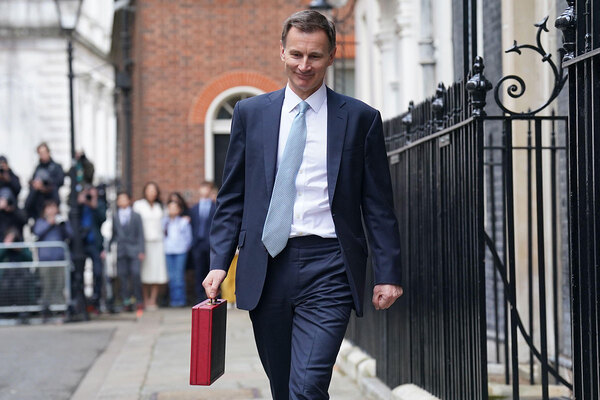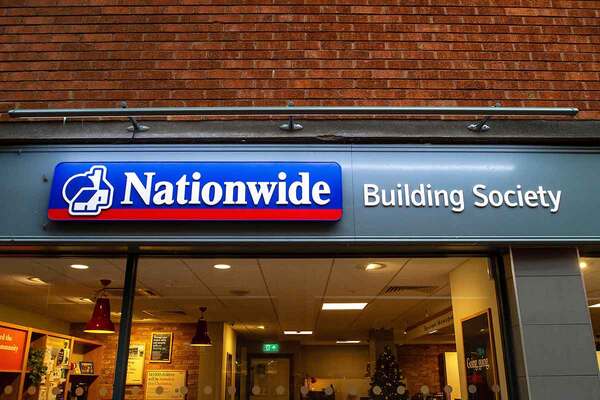Boris Johnson pledges new homes for 'capped' rent
Boris Johnson has pledged to fund the building of new homes at lower ‘capped’ rents in the 2015/18 affordable homes programme.
The new draft London housing strategy, which lays out the English capital’s three-year housing investment programme, said half of the 9,000 homes built for ‘affordable rent’ each year between 2015 and 2018 would be ‘capped’ for ‘those in the greatest need and those on low income employment’. The remaining half will be let for a maximum of 80 per cent of market rent or the local housing allowance.
The announcement comes after criticism that the affordable rent model – which allows landlords to let new homes and some re-lets at a maximum of 80 per cent market rent – is too expensive for London’s low income families. The mayor is refusing to say at this stage at what level the ‘capped’ rents will be set.
However the move is likely to be interpreted by some as a return to social rent. The coalition government removed all central government funding for new social rented homes in the 2010 spending review, but housing investment powers in London are now devolved to the mayor.
Mr Johnson laid out plans to build 42,000 homes each year for the next 10 years, a doubling of 2012’s output of 20,300. The homes will be funded by £1 billion of public money which was allocated to London in the summer spending review.
Of the 15,000 affordable homes built in total each year, 40 per cent will be for low-cost homeownership – such as shared ownership and rent to save – and 60 per cent will be at affordable rent (including half for ‘capped’ rent).
As he launched the strategy in Greenwich, south London, Mr Johnson said: ‘For over 30 years, regardless of boom and bust, governments of every hue have failed to build enough homes. With London’s unprecedented population growth, housing supply and affordability is now our biggest challenge and we need to double the number of homes being built.’
The strategy, which is now out for consultation, also scraps the current sub-regional nominations policy – where boroughs in the same region pool their nominations – by replacing it with pan-London lettings.
For affordable rented homes funded through GLA programmes, 5 per cent to 10 per cent will be let on a pan-London basis and 10 per cent will be retained for nominations by the registered provider.
If follows complaints from landlords who say too many poor households are being allocated homes that they cannot afford at ‘affordable’ rent closer to market levels.
Local authorities and other providers have also been told to give greater priority to working households for lettings.
Other measures include:
· The number of First Steps homes delivered in the capital will be doubled by 2020 and doubled again by 2025, meaning 250,000 Londoners should be able to access affordable home ownership.
· The GLA will explore the concept of London Housing Bank model to generate additional supply on large-scale developments, piloted with £160 million funding. It will mean that homes will be built earlier on developments, with the GLA underwriting schemes by offering guarantees.
· Mr Johnson will also bring forward delivery of housing through ‘housing zones’, which will have targeted tax incentives and lighter touch planning, in an initiative similar to the government’s ‘enterprise zones’.
Sir Steve Bullock, executive member for housing at London Councils, said: ‘The announcement of funding for housing in London is welcome; I am interested to see what proportion of this is new money. It sounds like a lot, but represents a fraction of the homes London needs.
‘London Councils is calling for more than 800,000 homes to be built by 2021 to safeguard London’s future prosperity and Londoners’ jobs: councils must be allowed to borrow and build for the remainder of the decade to have any hope of dealing with this housing crisis.’
Darren Johnson, chair of the London Assembly, said: ‘The mayor is building homes for investors and leaving crumbs for Londoners. Only wealthy landlords can afford most of the new homes built in London, leaving people renting on insecure tenancies, losing hope of saving a deposit or getting to the top of the council waiting list.
‘He boasts about his track record on affordable housing, but he will leave office 50,000 homes short of the number he needed to build.
‘The mayor needs a radical vision for housing, with enough money to build the social housing we desperately need, regulations to stabilise rents and give tenants more security, and taxes to damp down demand from rich investors.’







